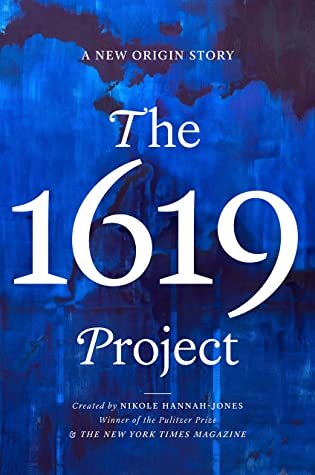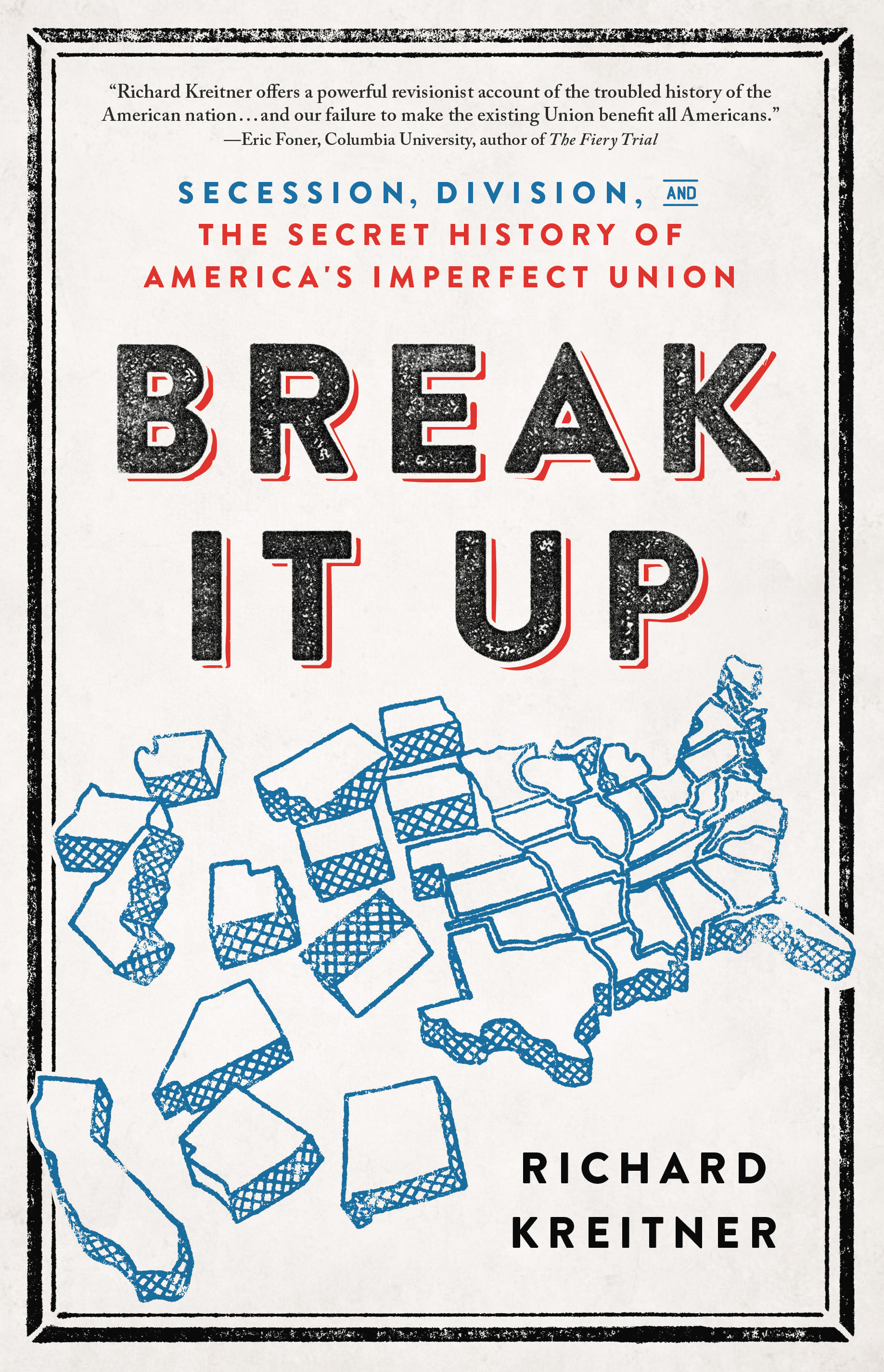BookOwl Picks: History
(This post and accompanying list are dedicated to my grandfather, who helped stoke my love for learning about history.)
Historical nonfiction is one of my favorite genres, after fantasy and science fiction. When done well, these books educate readers on the nuances of history that are often not taught in schools.
Why does it matter to read history books?
Well, I would answer that to move forward as a society, we need to know where we've come from to know how we can do better in the future. The conversations that take place among all of us in society and between history books and readers can be (and is) contentious and uncomfortable. It's meant to be. This conversation is essential to us seeing ourselves clearly in the past and then, equipped with the knowledge of our past, going about to make your community and nation better for future generations.
History is not just about the past. It's about the future.
Here's my picks for history books.
The 1619 Project by Nikole Hannah-Jones
The title is a reference to the year the first slave ship arrived in the British colony of Virginia. Carrying 20-30 people, this heralded the start of the barbaric institution of slavery in what would become the United States of America. Hannah-Jones' main argument is that the legacy of slavery and racism underlies much about our society today, from racial discrimination to income inequality to our politics (especially politics surrounding citizenship and immigration).
The 1619 Project is a monumental work of historical scholarship and provides a nuanced perspective on American history that we all need. There have been many challenges to this collection of eighteen essays, but I say that reckoning with our history is the only way to move forward.
How to Hide an Empire by Daniel Immerwahr
I think that many Americans (myself included) don't know much about the United States outside of the fifty states we were taught in school that make up our nation. Often ignored are the territories outside of the mainland, who have come under American jurisdiction for reasons of economic, political, or national security interests.
Until this book, I didn't truly understand the history of America's overseas territories and the people impacted by powerful people in Washington, D.C. How to Hide an Empire tells the story of how America became a colonizing power without its citizens regarding themselves as part of an imperial state. An important read for everyone.
Break it Up by Richard Kreitner
You may realize a pattern here in my list, that many of my suggested titles explore little-known aspects of American history that are usually not part of the mainstream K-12 curriculum. Break it Up argues that the idea of states seceding (or wanting to) from the nation is nothing new. In fact, these kinds of divisions may be as American as apple pie. This provides a helpful perspective when looking at modern-day stories like secessionist movements in California and Texas, or even at events like January 6th, 2021, when the Capitol was stormed in an attempt to stop the certification of the 2020 presidential election.
Honestly, this idea didn't shock me, that there have been many conflicts and disputes in our nation's 250 years of existence. I mean, the United States was born out of a revolutionary war with intentions to secede from the British Empire. These impulses were there from the start. I think it's essential to understand the fault-lines that still exist from the Founding forward and underlie in many ways or current political situation.
Lies My Teacher Told Me by James W. Loewen
In many ways, I see Lies My Teacher Told Me as an invaluable guidebook to common myths or narratives surrounding American history. The purpose of this book is not to blame teachers (they work incredibly hard, for criminally low pay and with few resources, to educate our children). Much of the curriculum is out of teachers' hands and they are forced to teach from textbooks full of inaccuracies. Twelve popular textbooks are put under scrutiny by Loewen, who methodically picks apart the prevailing patriotic narratives that prevent the teaching of a more nuanced perspective on American history.
How are we expected to fix underlying problems in our society when we don't know about them? When such issues are often glossed over or omitted altogether from textbooks? I don't think Loewen's goal is to make anyone hate America. Just the opposite. I think anyone who loves their country should want to see it be made better for everyone.
Our First Civil War by H.W. Brands






Comments
Post a Comment